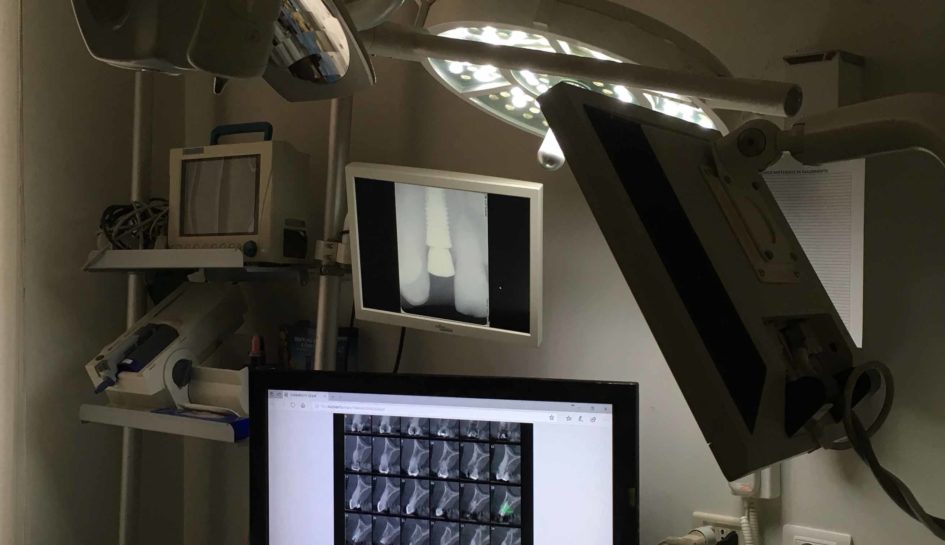During our time in Italy we’ve accessed the local health system a number of times. The list of ailments for which we’ve had to consult the professionals is, fortunately, short and also varied: chest infection, allergic reaction, broken crown and, most recently, excision of a small skin cancer.
We travel with a first aid kit which does the job for most things, but sometimes proper medical intervention is required. So how do you find a good doctor or dentist when you’re new in town and have no idea how the health system works? We started with Google.
It turns out most major cities have very good ‘tourist’ health clinics. In Rome, for example, when Greg’s cold turned into a chest infection we trundled off to the little tourist clinic in Trastevere. Within minutes Greg was being examined by an excellent doctor. It was the same story in Venice after I had an allergic reaction to something I’d eaten (delicious little seafood things seemed the likely culprit); again – to my great relief – the service was fast, friendly and professional. Visits to these clinics are either free or you pay only a small amount (around 20 euros). By comparison you can find numerous ‘English-speaking’ clinics that charge an initial consultation fee of at least 100 euros. It pays to shop around.
Google also found a dentist for us when a crown on one of Greg’s teeth cracked. Scrolling through search results, there’s really not much you can do apart from read the reviews, make a decision, cross your fingers and hope for the best. And, fortunately, that’s what Greg got. Dr Mazzei and his team turned out to be terrific. The quality of the work – and the costs – were equal to Australian standards. Despite our own and the dentist’s best efforts, though, our travel insurer wouldn’t reimburse us for the treatment. All those policies seem to be the same – no coverage for any dental work involving implants. Still the investment was more than worth it to see Greg’s beautiful smile fully restored.
When it came to finding a surgeon to remove a small skin cancer from my nose, we thought a Google search probably wasn’t the best approach. Instead we relied on the local knowledge of the Piccio family to find the right doctor. And they did – a senior consultant at Humanitas Research Hospital in Milan. I have to admit to being slightly concerned at having even minor surgery here in Italy, but once I’d met the doctor it was clear I was in good hands. And so it proved. We’re yet to test the travel insurer to try to recoup the 600 euro cost for the surgery, but hopefully, we’ll be pleasantly surprised on that one.
Most of those who’ve treated us don’t speak English, but it’s been possible to get by with a few words and a lot of gesturing and mime. When it comes to prescriptions, though, we always double check our understanding of the required dosage. Having a script filled here seems to be a little more relaxed; the prescription itself is usually hand-written by the doctor and they don’t seem to include a use-by date. At the pharmacy we’ve been asked only very occasionally for our codice fiscale (Italian tax file number). And it’s possible apparently to get the script filled any number of times – even in a single transaction. ‘Could I get two boxes of those antihistamines please? Of course … is two enough? You want more?’ It’s an interesting system but, then again, it’s Italy and in sickness and in health – for us at least – it’s a system that works.

12/07/2018 at 3:42 pm
I wish I knew the Piccio Family, they sound so cool!!! <3 <3
12/07/2018 at 9:48 pm
Ahah! They are soooo cool!

12/05/2018 at 10:30 pm
Hope all is OK Gayle – thinking of you
12/06/2018 at 7:15 am
All good. Thanks, Jan.